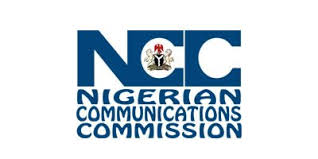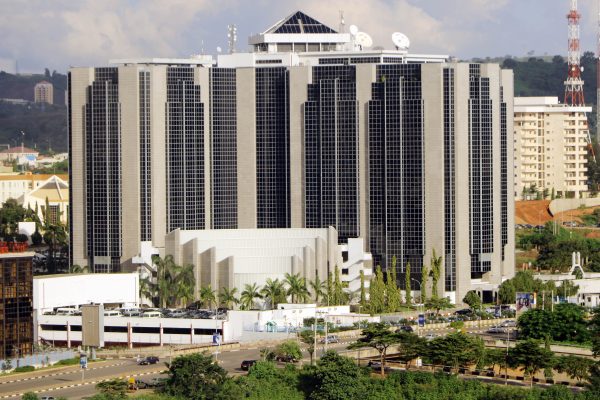by Tunji Andrews
As the Nigerian economy continues to be hit by several shocks, the all share index of the Nigerian stock exchange dipped to new lows on Thursday, after falling for the fourth consecutive day to close at 31,062.03 compared to 32,203.62 of the previous day’s trading. The All Share Index lost a 3.54% in another massive one day fall.
This is the lowest All Share Index level since the 23rd of January 2013, when the index closed at 30,842.37 and was to be the beginning of a rally that made last year one of the best year for the Nigerian stock market. The Nigerian stock market returned 47% in 2013 and as the best in Africa. It has now effectively wiped out all those gains.
The Nigerian stock market gained only 10 stocks compared to 44 which made up the losers chart. All the major heavy weights (large caps) lost significant value.
Also, Nigeria’s overnight lending rate fell six percentage point to 14 percent on Thursday, after liquidity from a N150 billion ($836 mln) treasury bill maturity hit the banking system, dealers said.
Overnight lending rates have remained high since the Central Bank last month enforced a new cash reserve requirement for commercial lenders to curb liquidity. The bank has been squeezing cash from the system to try to support the naira.
The naira has been under pressure as falling oil prices have depressed Nigeria’s foreign reserves, and the central bank is struggling to keep the currency in a new target band of 160-176 it set last month when it devalued by 8 percent to protect its reserves.
The naira rose marginally in early trade on Thursday, a day after the central bank and four oil companies sold dollars to boost interbank market liquidity, dealers said.
Overnight lending rates stood at 20 percent on Wednesday. Rates spiked to a record high of 70 percent on Monday, after the central bank withdrew a total of 868 billion naira within two weeks to keep liquidity.














